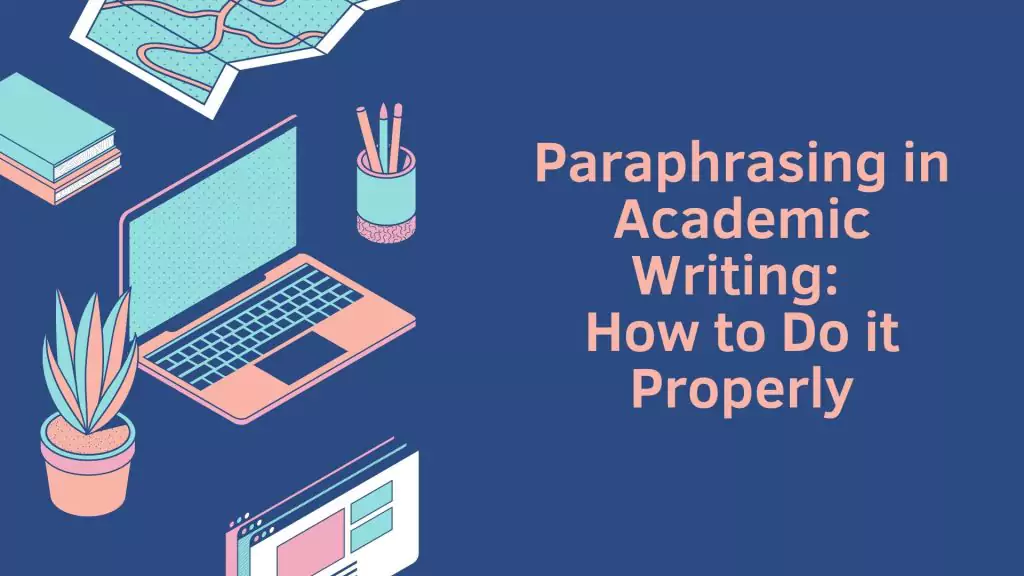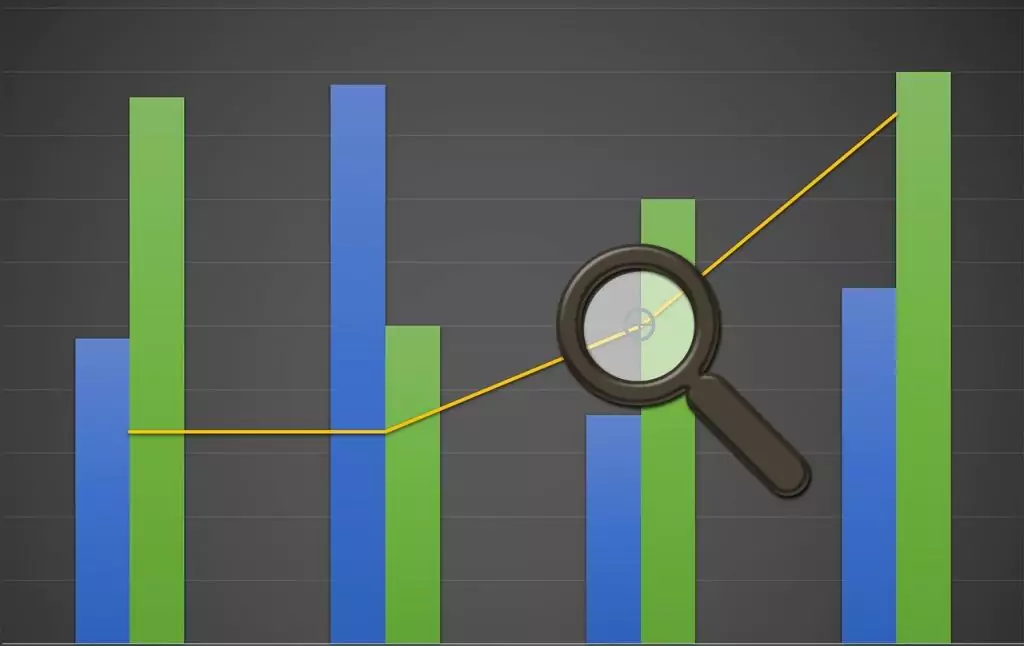
The process of modifying written content to express it differently while also maintaining its original meaning is known as paraphrasing. At first look, this process looks quite simple and straightforward. However, some people are still unaware of proper paraphrasing.

✅ AI Essay Writer ✅ AI Detector ✅ Plagchecker ✅ Paraphraser
✅ Summarizer ✅ Citation Generator
Especially students who often come across situations when they need to rephrase their written content. But what is the reason for these common mistakes? Well, most students are not familiar with the proper procedure for paraphrasing.
That’s why in this post, we are going to share with you some tips or steps that can help you accurately precise your academic writing.
When to Paraphrase Academic Writing?
Academic writing can include several different things, such as essays, assignments, biographies, etc. But when are students required to paraphrase all this? Here is a list of use cases for paraphrasing.
- When you have to add a reference but not in the exact same manner the reference was originally written. (you have to cite the original author or source even after paraphrasing)
- When you create an improper draft of written content and want to improve its quality by rewording it.
- When your writing has grammatical and other errors, you have to rewrite it for accuracy.
These are a few examples of times when paraphrasing is going to help you out.
Tips to Properly Paraphrase Academic Writing
So, if you are in a similar situation and need to know the right process for paraphrasing, you can follow the tips given below.
1. Figure Out the Core Meaning of Sentences
If you remember, we said that during paraphrasing, you can’t change the original meaning of sentences. So as a first step, you need to get a firm grasp on the meaning of what’s written.

If you are paraphrasing your own work, then you already know the meaning. But when you have to paraphrase someone else’s content, this step can be a little challenging. Read the sentences multiple times to get to know their exact meaning.
Similarly, analyzing the context of that sentence is also necessary. For a better understanding, look at this sentence:
The dog immediately bit the man.
At first glance, it seems as if the dog did an evil deed and is a negative character. But if the same sentence is written like this:
A man was trying to rob the dog’s owner. The dog immediately bit the man.
Now we know that the dog acted the way it did because of defense. The context can therefore change the whole meaning.
2. Shuffle Words and Sentence Structures
After you know the meaning of the writing, it is time to start paraphrasing. You can do so in various ways. One method is to shuffle the placement of words or phrases. This gives a slightly varied version of the sentence.
Here is an example of this:
Original: The sun shines brightly and makes the atmosphere warm.
Paraphrased: The sun warms the atmosphere by shining brightly.
As you can see, only a minimal change can give you a changed version of the sentence. This technique can be used to reduce redundancy in your academic assignments.
3. Replace Words with Contextually Fitting Synonyms
This is probably the most common way of paraphrasing something. It is an effective technique, but it needs to be applied carefully. Sometimes even words with closely matching meanings cannot be replaced with each other.

To understand this, check out this example:
Original: Plants play a huge role in making the air clear and fresh.
Paraphrased: Plants significantly contribute to the purification and freshening of air.
You can see how all the synonyms used do not alter the original meaning, and both sentences convey the same message. In this example, you couldn’t have used the word transparent in place of clear, even though they have similar meanings.
Not every student has a vast vocabulary knowledge. So, doing paraphrasing with synonymizing might get difficult at times. That’s why an alternate approach is to take assistance from a paraphrasing tool that does the same thing but in an automated manner.
The tool paraphrases the given content by changing words with the most appropriate synonyms and sometimes changes the sentence structure in no time.
4. Alter the Voice of Sentences
A sentence can either be in an active voice or in a passive voice. Both voices have their own uses. For instance, an active voice is easier to understand, while a passive voice can be used for a professional tone.

Depending on your situation, you can change the voice of sentences, and it will be considered paraphrased. An example of this is given here:
Original: The cat drank the whole container of milk.
Paraphrased:The whole container of milk was drunk by the cat.
This is a basic example of voice alteration. The only dissimilarity between the two sentences is that the subject of the original sentence is the object in the paraphrased version.
Conclusion
The chances of you needing to paraphrase an academic piece of writing are usually quite high. The reasons for this are given in the second section of the post. But the real question is how to paraphrase effectively and correctly.
There are some techniques for it. These techniques are also discussed for you to take a look at. You can analyze these tips and gain mastery in paraphrasing academic content.
Follow us on Reddit for more insights and updates.





Comments (0)
Welcome to A*Help comments!
We’re all about debate and discussion at A*Help.
We value the diverse opinions of users, so you may find points of view that you don’t agree with. And that’s cool. However, there are certain things we’re not OK with: attempts to manipulate our data in any way, for example, or the posting of discriminative, offensive, hateful, or disparaging material.